Why are we running this project?
The agricultural sector is responsible for a significant share of EU greenhouse gas emissions, including from livestock farming and the use of nitrogen as a fertilizer for agricultural soil. If it is to meet the European Union’s climate targets, agriculture in the EU member states must undergo a fundamental transformation. To this end, national strategic plans must be developed within the framework of the EU’s “Common Agricultural Policy” (CAP) that are in line with the objectives set out in the European Green Deal as well as strategies for biodiversity and a sustainable food system (“Farm to Fork strategy”).
To date, no overview exists of the national strategies and measures in place in Central and Eastern European countries. Similarly, there is a lack of formats to promote exchange between experts from relevant sectors, who could really drive the transformation process in their countries. This is where our project comes in: The project promotes networking and exchange between actors from politics, civil society, business, and policy consulting research across ten Central and Eastern European EU states. The experts will use a previously prepared analysis of existing agricultural strategies to develop proposals on how to strategically implement the CAP at national level while taking into account environmental, social, and economic aspects.
What are our goals?
The project aims to support a restructuring of the agricultural sector in Central and Eastern European countries in line with EU climate goals. Building knowledge and networks across ministries, government agencies, advisory bodies, civil society, business, and research, as well as the joint development of solutions in regional workshops, will empower key actors to take action. At the same time, background analyses and country-specific scenarios should lay the foundations for information and recommendations on climate- and biodiversity-friendly CAP design in Central and Eastern Europe.
How does the project work?
As an independent academic think tank for environmental research and policy analysis, the Ecologic Institute will begin by using a background and analysis paper to establish a common basis of information on climate and agricultural policy plans in ten EU countries, namely Croatia, Czech Republic, Slovakia, Slovenia, Estonia, Lithuania, Latvia, Poland, Hungary, and Romania. The report will highlight the potential of each country’s agricultural and food systems to mitigate climate change and will present agricultural alternatives in line with individual socio-economic objectives.
It will further highlight the role the countries’ respective strategic CAP implementation plans will play in climate mitigation and adaptation, present examples of best practice, and formulate country-specific recommendations for moving forward with the transformation.
A later stage of the project will see actors from a range of sectors take part in regional workshops in order to develop proposals for strategies and measures to support the transformation of the agricultural sector in the relevant countries. These could include, for instance, changes to agricultural practices that protect the climate and environment, systemic solutions for food production, processing, and consumption, and ways to coordinate policy-making with regard to land use.
The results of this exchange will feed into a report that will provide key momentum for the climate-friendly implementation of EU agricultural policy in national measures before the start of the next CAP funding period.
